The new M2 Mac mini and MacBook Pro models are reaching some buyers, and tempting others, while iOS 16.3 has brought updates to the HomePod, and listeners want more in iOS 17, on the AppleInsider podcast.
AppleInsider takes a brief trip to London where William Gallagher got to meet the "Slow Horses" team from Apple TV+, and brings back tales of the gorgeous Apple Brompton Road store.
Meanwhile, the brand new MacBook Pro models and especially that lower cost new M2 Mac mini are proving to be very attractive buys. You probably don't need an M2 Mac mini if you have the previous M1 version, but based on the first reviews, you will want one.
While not everyone pops over to London, and not everyone has bought the new Macs, what everyone did get this week was a slew of updates including iOS 16.3. It's one of those releases where there are significant improvements, but most are not immediately visible, so Stephen Robles explains what's really new.
That includes how iOS 16.3 also includes updates for the HomePod and HomePod mini. More than two years after the HomePod mini shipped, Apple has now enabled the temperature and humidity sensor that has always been in it.
Listen for what you can now do with that — and for what Stephen, William, and listeners truly hope will come in iOS 17.
Contact your hosts
Sponsored by:
- Rocket Money: Save $100s a year by tracking and cancelling your subscriptions with Rocket Money! Visit rocketmoney.com/appleinsider to get started.
Support the show
Support the show on Patreon or Apple Podcasts to get ad-free episodes every week, access to our private Discord channel, and early release of the show! We would also appreciate a 5-star rating and review in Apple Podcasts.
Links from the show
- Inside Apple Brompton Road: A gorgeous slice of calm in London
- Apple Stores in Remote Locales - Basic Apple Guy
- iOS 17 Wishlist - Tweet
- Five best security keys for iOS 16.3
- iOS 16.3 now available with support for new HomePod, security keys
- Apple's iPadOS 16.3 is out with support for security keys
- About Security Keys for Apple ID - Apple Support
- Apple gearing up to re-release revamped HomeKit architecture
- HomePod software version 16.3 is here alongside tvOS 16.3
- M2 Pro and Max MacBook Pro review roundup: Impressive spec bump
- Apple Mac mini M2 Packs a Performance Punch for Under $600
- M2 Mac mini review roundup: Tiny, but mighty
- New 'Today at Apple' and video launch for Data Privacy Day
- iPhone 15 could be the first iPhone to feature Wi-Fi 6E
- New Mac Pro may not support PCI-E GPUs
More AppleInsider podcasts
Tune in to our HomeKit Insider podcast covering the latest news, products, apps and everything HomeKit related. Subscribe in Apple Podcasts, Overcast, or just search for HomeKit Insider wherever you get your podcasts.
Subscribe and listen to our AppleInsider Daily podcast for the latest Apple news Monday through Friday. You can find it on Apple Podcasts, Overcast, or anywhere you listen to podcasts.
Podcast artwork from Basic Apple Guy. Download the free wallpaper pack here.
Those interested in sponsoring the show can reach out to us at: steve@appleinsider.com.
Subscribe to AppleInsider on:
Keep up with everything Apple in the weekly AppleInsider Podcast — and get a fast news update from AppleInsider Daily. Just say, "Hey, Siri," to your HomePod mini and ask for these podcasts, and our latest HomeKit Insider episode too.If you want an ad-free main AppleInsider Podcast experience, you can support the AppleInsider podcast by subscribing for $5 per month through Apple's Podcasts app, or via Patreon if you prefer any other podcast player.
 William Gallagher
William Gallagher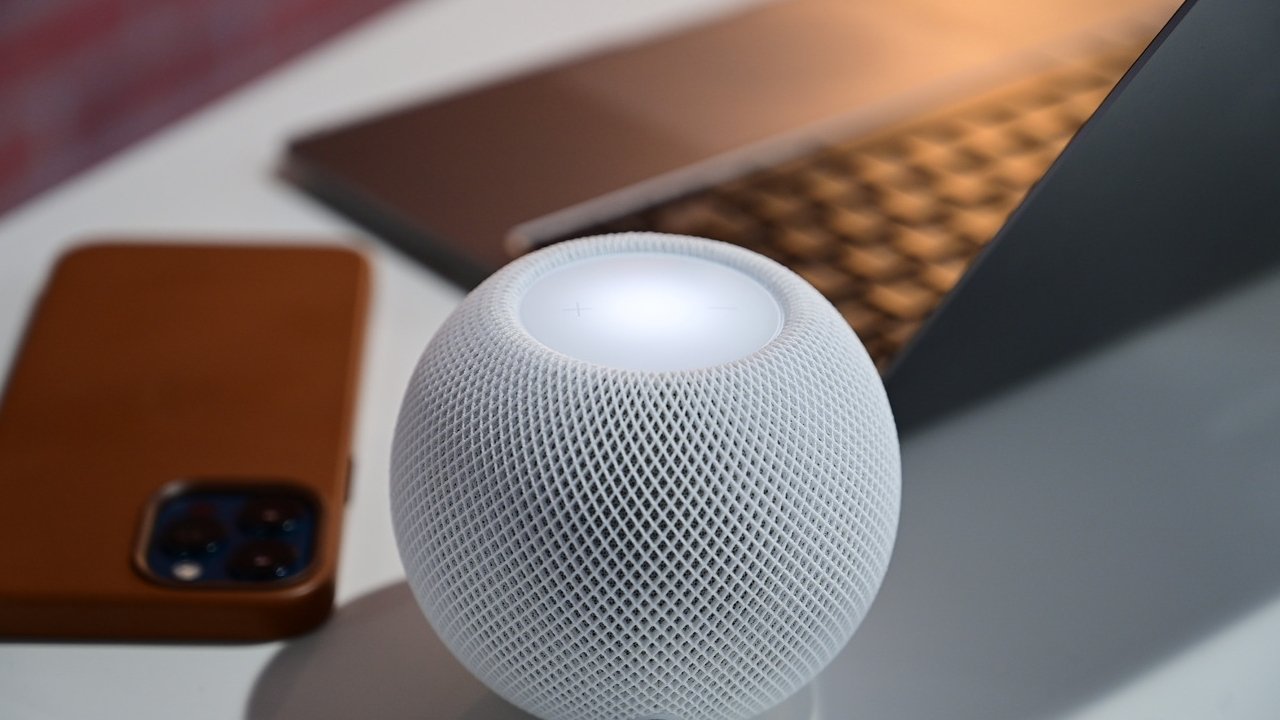







-m.jpg)






 Chip Loder
Chip Loder
 Marko Zivkovic
Marko Zivkovic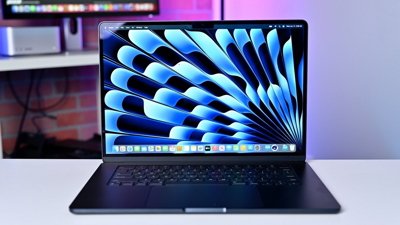
 Wesley Hilliard
Wesley Hilliard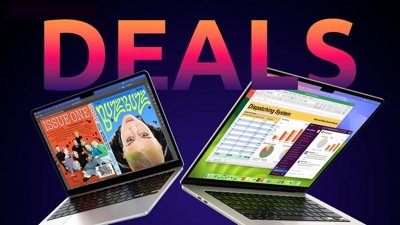
 Christine McKee
Christine McKee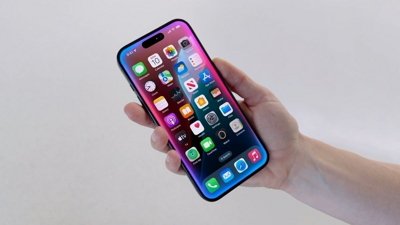
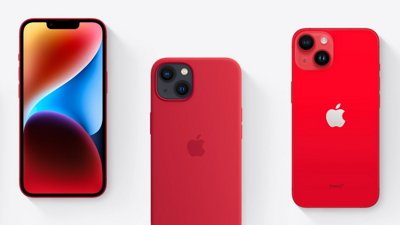

 Malcolm Owen
Malcolm Owen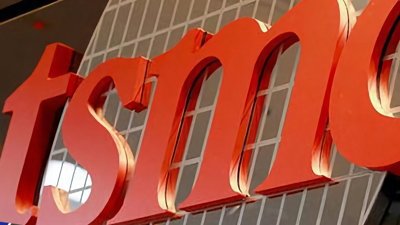








2 Comments
iOS and iPadOS need multi-user support – not just for family members but also to separate business and personal accounts.